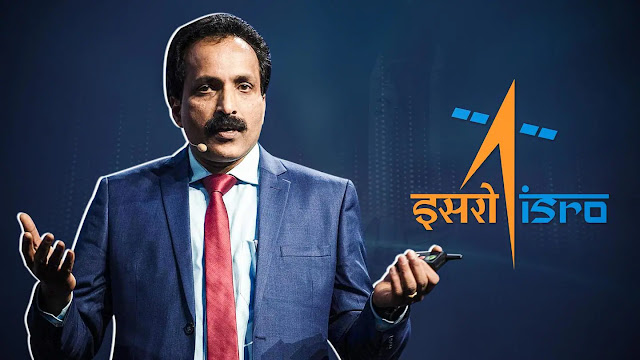ISRO Chief Offers Support To Space Startups In Building Satellites, Apps
While exercising free thinking and entrepreneurship, Indian space startups will enjoy the necessary assistance from the Indian National Space Promotion and Authorisation Centre (IN-SPACe), said S Somanath, chairman of ISRO and secretary of the Department of Space.
 |
| S Somanath, chairman, ISRO and secretary of the Department of Space |
In his speech at the Development of Space Startup Ecosystem in India (DeSSEI) conference, Somanath highlighted that one of the top nations producing advancements in space technology in India. So far, it has developed its own satellites, launch vehicles, and a handful of space-related applications. Space technology is mostly employed for space travel, but it is also used for other activities such as space exploration, space flight, and Earth observation.
He also motivated young individuals to work in the Indian space industry. “It is important for youngsters to be part of the space ecosystem, riding on what the ISRO has achieved,” he added. Somanath is confident that the Indian space ecosystem will benefit from the involvement of millennials since this generation approaches problems in a different way.
He highlighted the importance of the space industry to the Indian economy and claimed that it was capable of solving global issues in addition to producing magnificent rockets. There may be ways to assist everyone in having access to the internet. For example, consider how IoT and 5G can work together with space technology to keep a person linked to the information superhighway.
The global space economy is expected to grow to $423 billion, according to a report. Of this, India accounts for 2 percent to 3 percent of the global space sector, which is anticipated to expand by more than 10 percent at a CAGR of 48 percent by 2030.
The Centre said earlier this month that it is developing a new space policy aimed at increasing satellite manufacture in the Indian private space industry. Ajay Kumar Sood, the Indian government's principal scientific advisor, claimed that during that time, consultations were held to develop India's space policy. The proposal of the space policy will be given to the Empowered Technology Group when it is finalized.
More than 55 space tech startups have enrolled with the ISRO and the Department of Space in the past two years. Of them, 29 startups work on satellite-related projects, and the remaining 10 create products and applications for space. Union Minister of State for Science and Technology Jitendra Singh previously stated that the Centre is considering introducing Foreign Direct Investment to boost investment in the Indian space sector. The bill is expected to define FDIs in the country's space sector as well as the role of ISRO in the sector.
